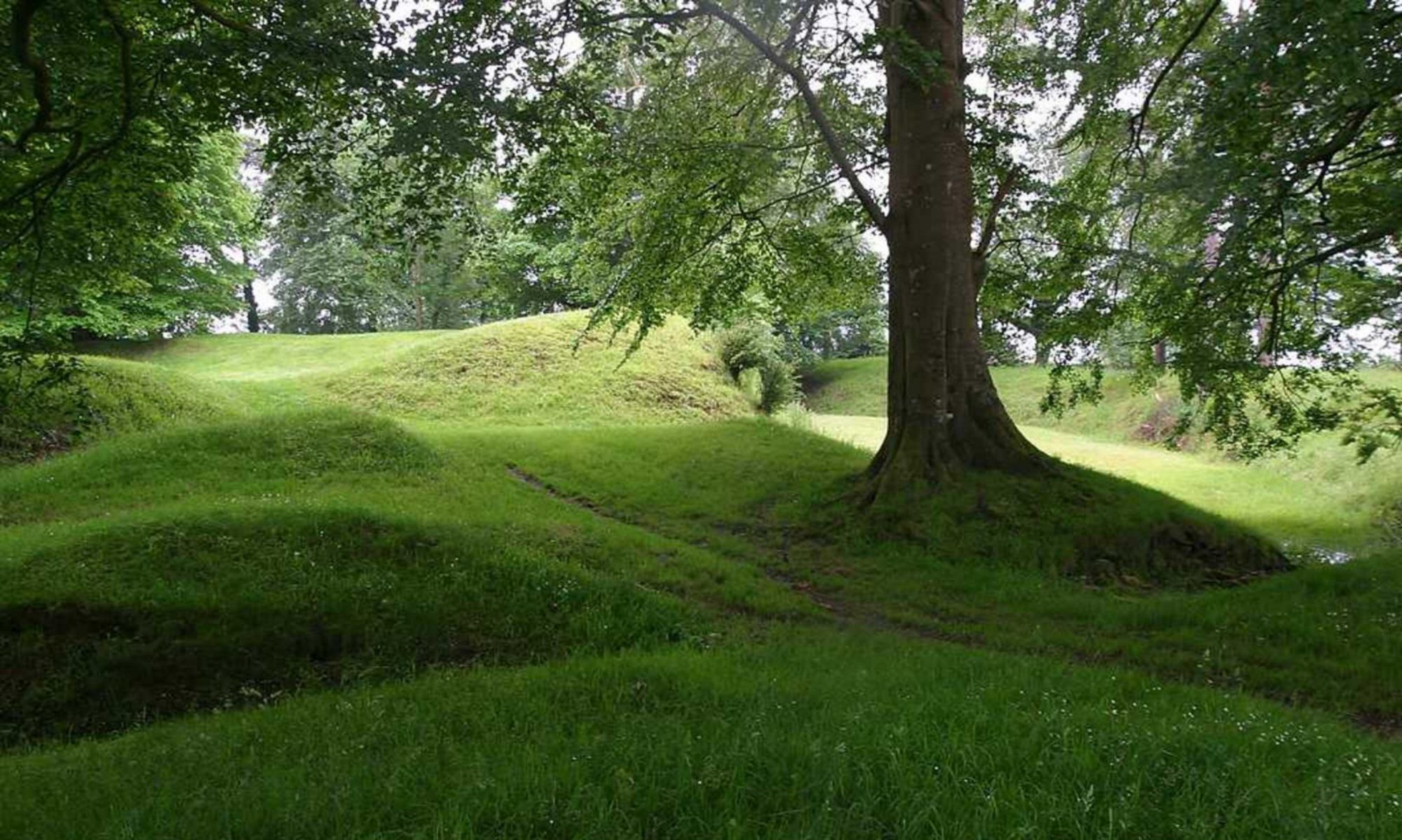“In such condition there is no place for industry, because the fruit thereof is uncertain, and consequently no culture of the earth, no navigation nor the use of commodities that may be imported by sea, no commodious building, no instruments of moving and removing such things as require much force, no knowledge of the face of the earth, no account of time, no arts, no letters, no society, and which is worst of all, continual fear and danger of violent death, and the life of man, solitary, poor, nasty, brutish, and short.” –Thomas Hobbes, The Leviathian
A deeply pessimistic writer, Hobbes argued in his 1651 tract (as England was ending nine years of three consecutive Civil Wars) on political theory that the state of nature for mankind is a war of all against all that, unchecked, would lead to anarchy and civil war. His solution was a strong , sovereign authority to keep human nature in check.
As much as I find President Trump’s heavy-handed, partisan rhetoric distasteful, I think his administration is appropriate in sending federal authorities to urban centers like Chicago, Kansas City, and Portland, where violent protests and gun shootings have got out of control (especially when some cities are defunding local police in response to pressure from protesters). In my opinion, central governments get their authority in part from their threat of overwhelming force, especially when the public self-righteously instigates violence.
To make a possibly frivolous reference to pop culture, in the film The Dark Knight, Alfred warns that “some men aren’t looking for anything logical like money. They can’t be bought, bullied, reasoned or negotiated with. Some men just wanna watch the world burn.”
Peaceful, legal protests are okay and can be good for public discourse, but the violent elements of these protests are displaying anarchic rage. Yes, property can sometimes be replaced, but unchecked violence normalizes disruption of our socioeconomic harmony and sets a dangerous precedent. In 1938 on Kristallnacht, German authorities decided not to intervene as protesters looted and destroyed Jewish stores and synagogues. Do we want to go the way of Nazi Germany?
Race is a powerful, primal force and shouldn’t be trifled with in pursuit of an unattainable utopia. When I was a reporter in Southeast Asia in the late 1990s, I saw firsthand the looting and property destruction aimed at the minority ethnic Chinese in Indonesia when a regional financial crisis struck and the chips were down. In Britain I was surprised to hear there is still some regionalism between those who trace their ancestry back further as natives, who often migrated to Wales, northern England and Scotland, and those in southern and eastern England who are often ethnically Germanic. In the U.S. I grew up with self-segregation: people tend to associate with others of their own ethnicity. That is fine. I am mainly ethnically Irish, and my book is mainly about Irish writers. That doesn’t make it racist.
I was also young when the 1994 Rwanda genocide happened. We have to be careful about being hypersensitive to race and ethnicity; it can aggravate the problem. Consider how many books on the best-seller lists now have to do with racial difference: https://www.wsj.com/articles/bestselling-books-week-ended-july-4-11594326750 Race and ethnicity are only one aspect of our lives. It smacks of monomania. As W.B. Yeats put it, “Hearts with one purpose alone / Through summer and winter seem / Enchanted to a stone / To trouble the living stream.”
